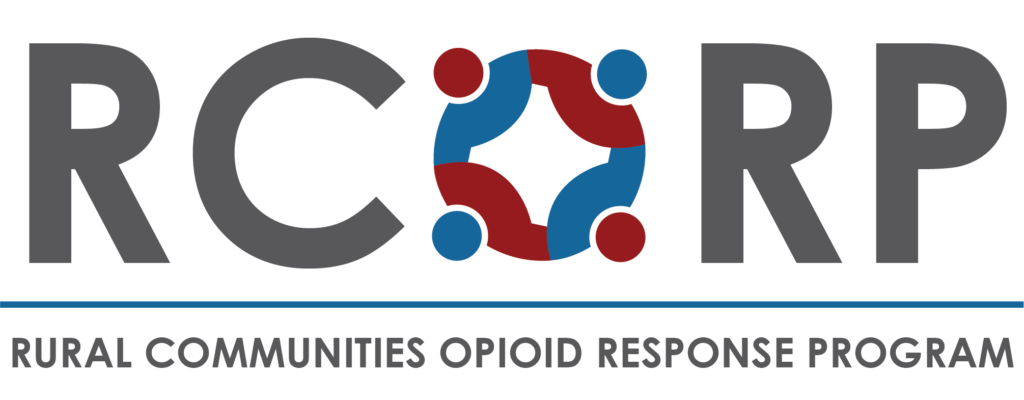Calculating the Benefits and Costs Associated with SUD Recovery Programs
ABSTRACT: (Provided by Journal) Substance use disorder (SUD) is a public health crisis in the United States associated with significant economic costs including healthcare, criminal justice, productivity, and mortality and morbidity costs. In this paper, we present a tool for a customizable economic analysis that can be utilized by different recovery program owners and operators within the SUD continuum of care that considers these program’s operating and capital costs, location, size, and success rate. The goal of this tool is to provide owners and operators with an accessible tool that can estimate their individual program’s economic costs, benefits, and return on investment. In applications of the tool, we find that there are significant benefits associated with SUD recovery-oriented services, even with more conservative modeling of recovery benefits. Specifically, we find that a representative recovery housing program in Florida yields a net benefit of $143 million over 20 years with an associated return on investment of $22.19 per dollar invested. Further, we find that the net benefits of different recovery-oriented modalities including a recovery house, a recovery campus, and a residential inpatient program are positive, with returns on investment varying from nearly $22 per dollar invested to $1 per dollar.

